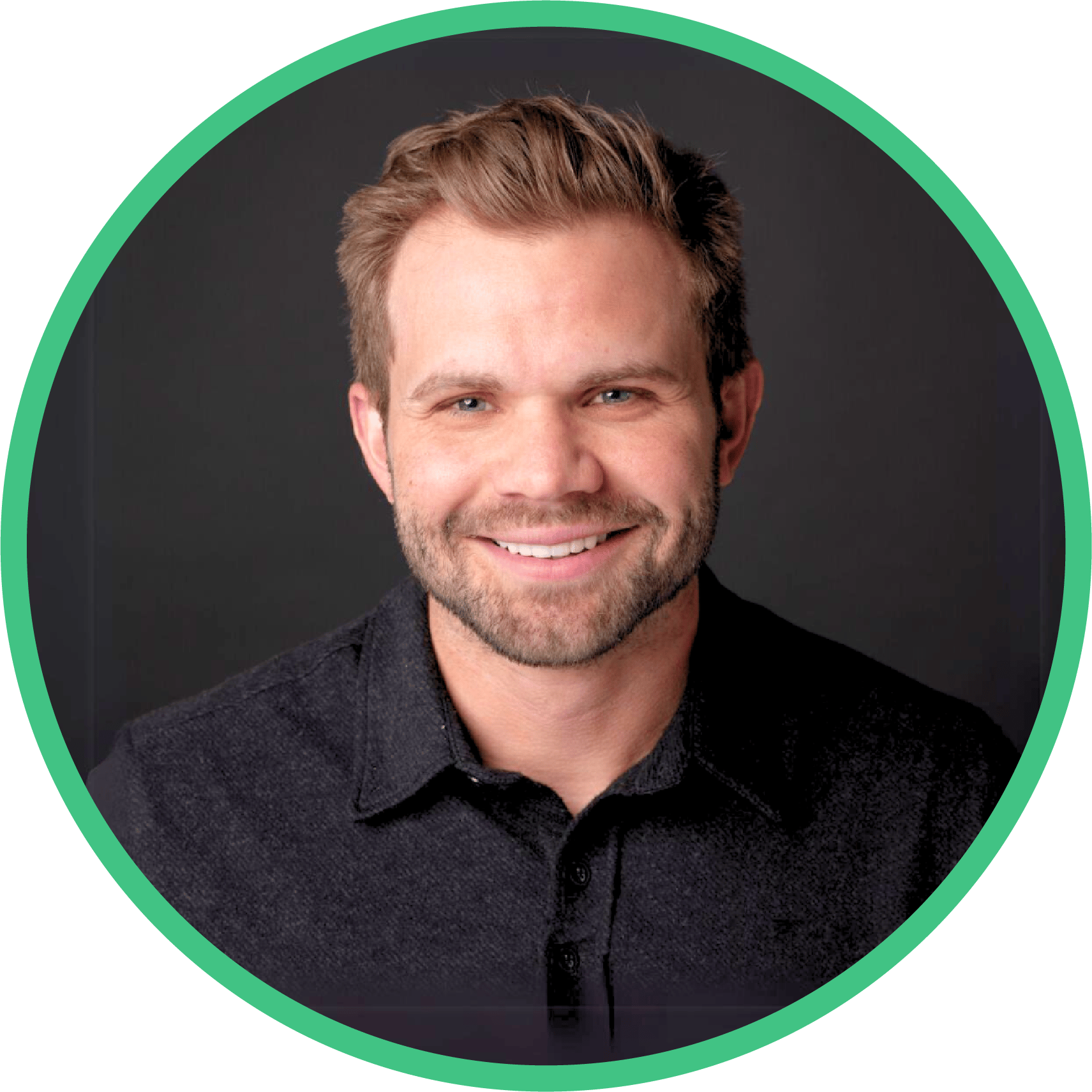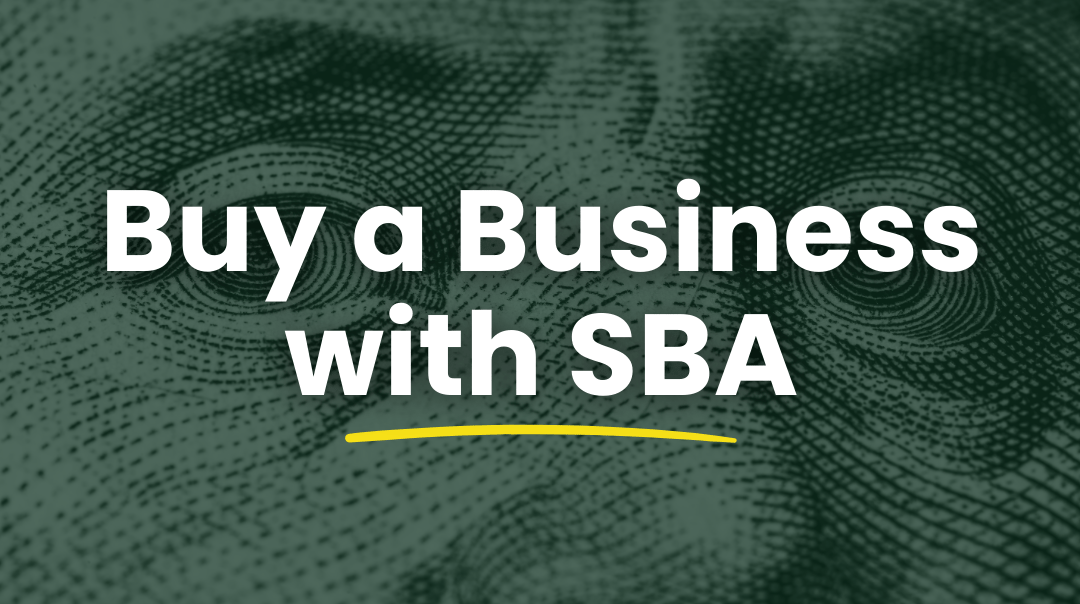
The GOLDEN Rule in building businesses
Assessing what type of entrepreneur you are
The Key Determinant of Business Value
The Golden Rule In Business Building
"I’m sorry, Raleigh. Your business isn’t worth anything to anyone besides you."
The words hit me like a sledgehammer. I was standing outside of my daughter’s dance recital, hoping that this call was my “get-out-of-jail-free-card.” After three years of building Williams Entertainment Group into a multi-location trampoline and escape room empire, I was ready for someone to pay me to walk away.
"What do you mean zero?!" I asked, my voice barely steady.
"If you disappeared tomorrow, this business would collapse. You don't own anything that someone can pay you to walk away from—you own a well-paying job."
That night, I called Jim Morrison.

Four years earlier…
I was the junior M&A lawyer who helped Jim sell his construction business for $37 million. At the celebration dinner, he'd looked me straight in the eye and said something that stuck with me:
"You know the golden rule, Raleigh? Most people think it’s ‘be nice to others so they’ll be nice to you,’ but it’s not. The Golden Rule is “he who has the gold makes the rules.” Gold, in any situation, is an ASSET that is difficult to create. Money is fungible. Assets are the Gold. Own the asset, make the rules."
It boiled down the magic of entrepreneurship into something I could digest. I didn’t need to do something crazy innovative. I didn’t need to be Steve Jobs. I just needed to turn a business into an asset and sell the asset to someone who would pay me an unreasonable amount of money to walk away.
The Call
"Jim, I need to understand something," I said when he picked up. "I built a business that generates millions in revenue, but I just got told it's worth nothing. How is that possible?"
He chuckled—not meanly, but like someone who'd seen this movie before.
"Let me guess," he said. "The business runs great when you're there, but everything falls apart when you're not. Your employees can't make decisions without you. Your customers expect to deal with you personally. Every major contract has your signature on it."
"Raleigh, in business, there are three types of entrepreneurs," Jim continued. "And only one of them builds anything worth buying."

The Three Entrepreneurs

The Self-Employed owns a job with unlimited hours and no benefits. They're the consultant who can't delegate, the restaurant owner working every shift, the contractor on every job site. When they don't show up, revenue stops. When they get sick, the business dies.
The Operator owns a business that sometimes owns him. Every decision flows through them, and every crisis needs their personal touch. They've created a business, but one that requires their constant oversight.
The Owner owns an asset. Their business operates and grows without them. It makes decisions without them. Most importantly, someone else would pay money to own what they've built.
"The difference," Jim explained, "isn't about revenue or profit margins. It's about distance. How far can you get from your business before it breaks?"

The Truth
When I was told my business was worth $0, I realized that I was a self-employed entrepreneur masquerading as an operator. Williams Entertainment Group looked impressive on paper—multiple locations, dozens of employees, millions in revenue. But strip away my personal involvement, and it was worth exactly what that buyer said: zero.
Every major decision came to me, every crisis needed my attention, and every growth opportunity required my personal guarantee. I hadn't built a business; I'd built an elaborate prison with myself as the warden.
Jim had built something different. RMZ Construction could function without him, grow without him, and—most importantly—transfer to someone else without him. That's why it was worth $87 million.
"The golden rule isn't just about making money," Jim told me that night. "It's about making money that works without you. Assets, not jobs.
The Distance
The real lesson wasn't about business structures or management systems. It was about distance.
Self-Employed = Zero distance. You ARE the business.
Operator = Some distance, but you're still tethered to daily operations.
Owner = Maximum distance. The business runs, grows, and sells without you.
Distance equals freedom. Distance equals value. Distance equals options.
Most entrepreneurs spend their entire careers moving from Self-Employed to Operator and think they've made it.
They get comfortable with good employees and mistake it for true ownership.
But true ownership—the kind that creates life-changing wealth—only comes when you've built something bigger than yourself. Something that works without you. Something someone else wants to buy.
Jim understood this. I didn't.
That phone call changed everything.
It took me another three years to move to the Owner position, which is another conversation for another day.

Where are you on this pyramid? Hit reply and let me know—I read every response.
To your next big move,
Raleigh “Golden Boy” Williams
Founder of ExitOS


In Case You Missed the Gold

How to Buy a Business with an SBA 7(a) Loan
Your roadmap to owning a business without breaking the bank 💼💰

Don't get bullied by brokers or tire kickers
A tool to help you know what your business is worth 🎉


